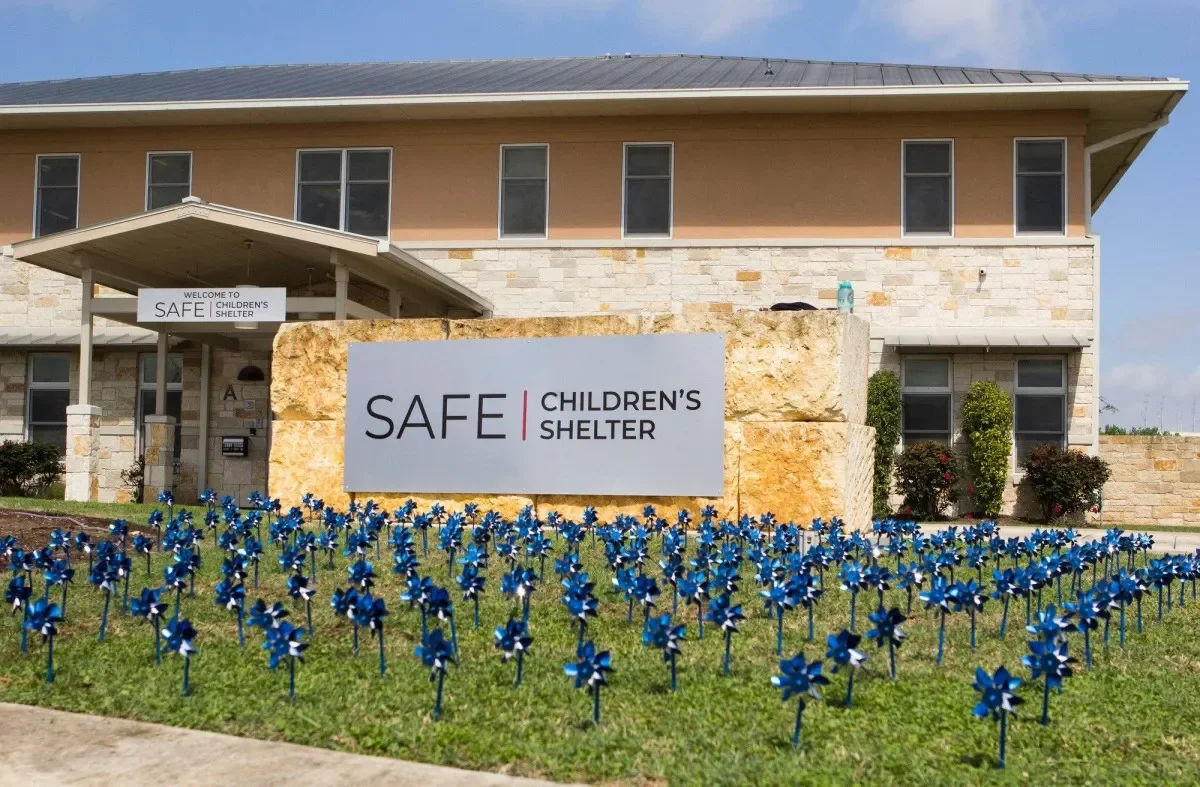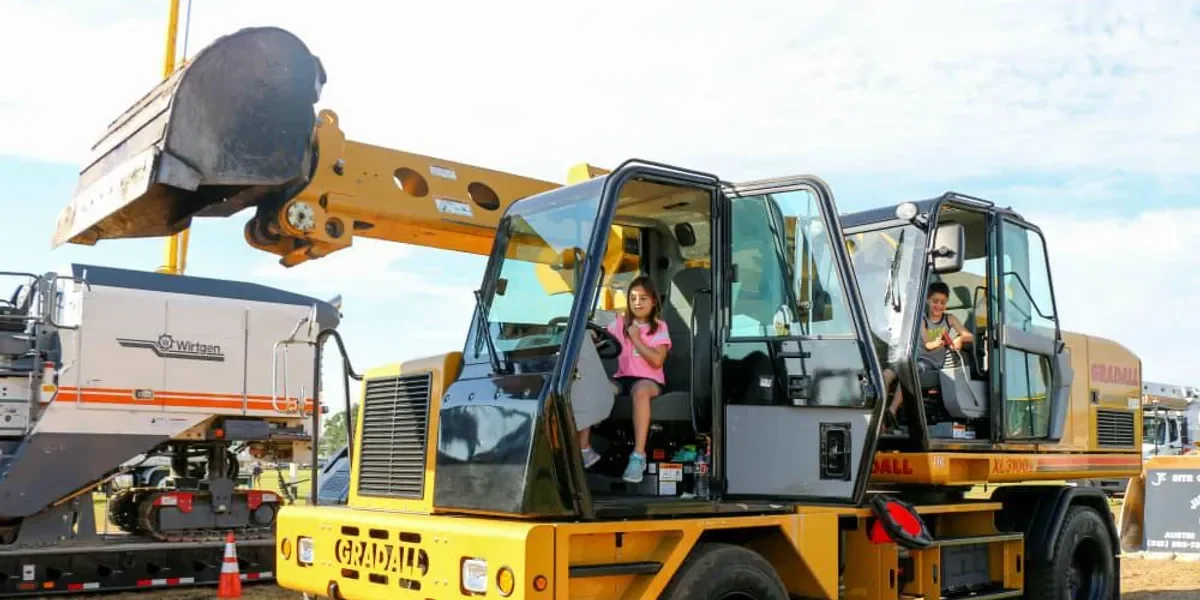Why Austin Needs SAFE Alliance Now More Than Ever
Ever wonder what real resilience looks like? It’s not just showing up for yourself. It’s having a village when trauma threatens to collapse you. That’s what SAFE Alliance embodies in Austin, building houses of hope, one family at a time.
The Crisis: Gender-Based Violence in the U.S.
Intimate partner violence (IPV) remains alarmingly widespread. According to the CDC, 41% of women and 26% of men experience IPV in their lifetime. And among sexual assault survivors, only 16% report it to law enforcement, most of the violence goes behind closed doors.
Texas doesn’t get a pass. In 2023, authorities logged 247,896 family violence offenses statewide, and 179 women were killed by a current or former intimate partner. In Travis County (Austin), 9,693 family violence cases and 807 sexual violence incidents were reported in 2024.
Let that sink in: the problem isn’t small. It’s systemic. And yet, too many survivors are overlooked, and underserved.
Where SAFE Alliance Makes the Difference
Survivors don’t just need words of support, they need everything that stabilizes life: shelter, safety, legal advocacy, housing, mental health care, and so much more. That’s where SAFE Alliance steps in.
In fiscal year 2024 alone, their programs impacted 18,908 individuals, and they collaborated on 6,313 safety plans to help survivors rebuild security and autonomy.
Their campus includes The Sasha, a 60-unit low-income supportive housing community, providing crucial stability for survivors leaving abusive situations.
The organization has grown alongside Austin, evolving its services across child abuse, exploitation, trafficking, sexual assault, and domestic violence.
SAFE is rock-solid in terms of trust and performance, earning a 96% rating from Charity Navigator, meaning your support genuinely goes to survivors.
Unseen Roots: The National Toll of Gender-Based Violence
This isn’t just about eye-watering numbers, it’s about millions of lives disrupted. Nationwide:
Nearly 25% of women face domestic violence by a partner at some point in their life.
Domestic violence leads to homelessness for more than half of homeless women, and 38% of victims will become homeless.
The economic fallout is staggering: Lost work, medical care, mental health treatment, it costs billions annually, not just in dollars but in shattered lives.
Yet too many of these survivors are invisible in policy and public attention.
SAFE Alliance: Resilience in Action
SAFE isn’t just helping survivors, it's activating a community. Through 24/7 crisis lines, shelter and housing, forensic nursing, legal services, peer advocates, prevention education, and more, they’ve built a holistic ecosystem of resilience in our backyard.
That support isn't just life-saving, it’s life-affirming. It’s about ensuring survivors aren’t pathologized, silenced, or invisible, they are welcomed, heard, and believed.
In Closing
Gender-based violence is a public health crisis, and it hits harder when there’s nowhere to escape. SAFE Alliance doesn’t just hand out band-aids. They build foundations, intense, comprehensive, unflinching support that transforms lives.
Which means, you and I? We’re part of the reset. Sharing this story, supporting events like Touch-a-Truck, donating, or just showing up, signals that nobody is alone. That, to me, is real resiliency.
Join the Movement: Touch-a-Truck
One of the simplest, and most joyful, ways to support SAFE Alliance is by attending Touch-a-Truck. On Saturday, September 27th at Q2 Stadium, families can explore fire trucks, bulldozers, school buses, and more, while kids meet everyday heroes and make memories that last a lifetime.
But this isn’t just about fun. Every ticket purchased helps fund SAFE’s shelters, counseling, crisis lines, and housing programs that literally save lives.
So bring your family, bring your friends, and be part of something bigger: a day of play that fuels a safer, stronger Austin.


